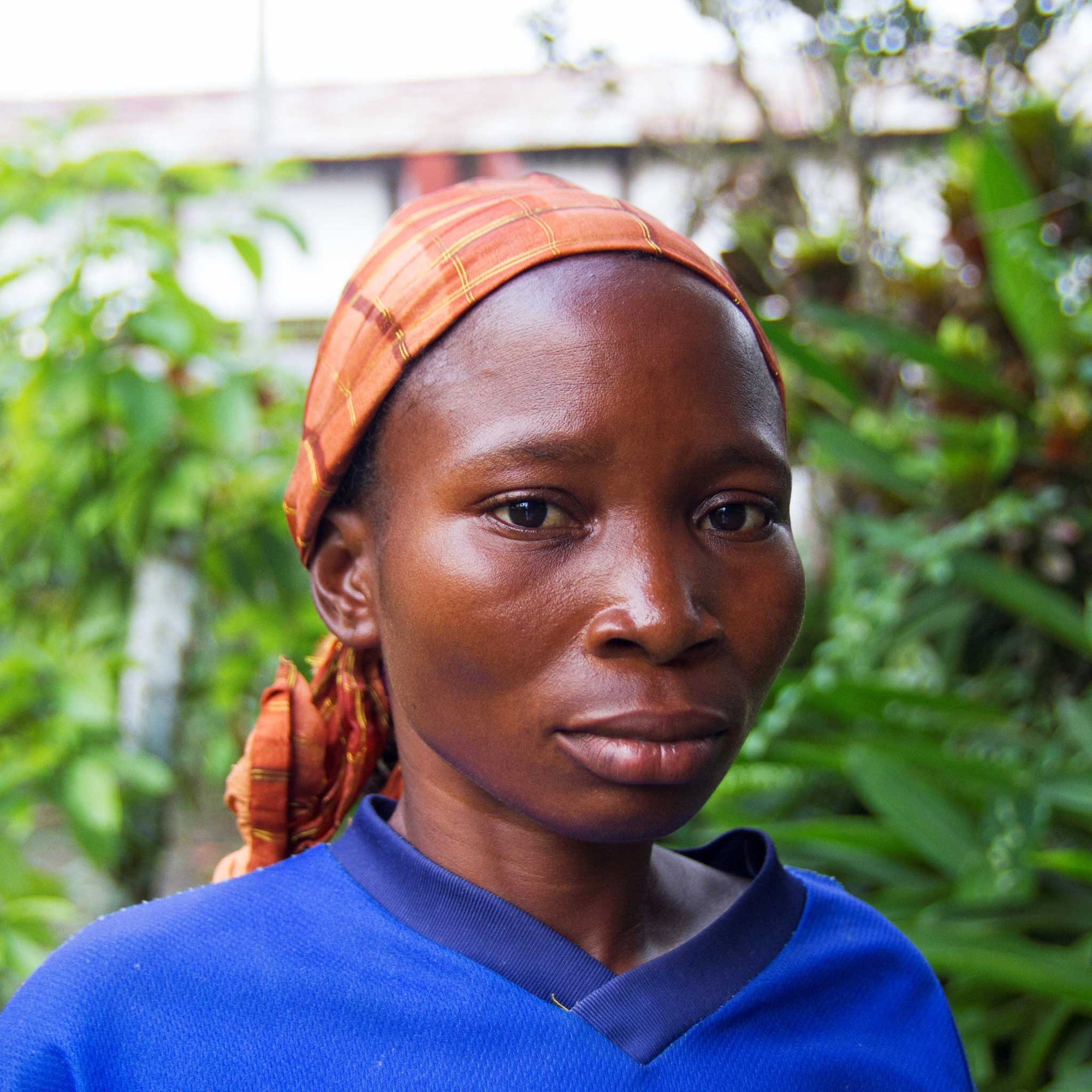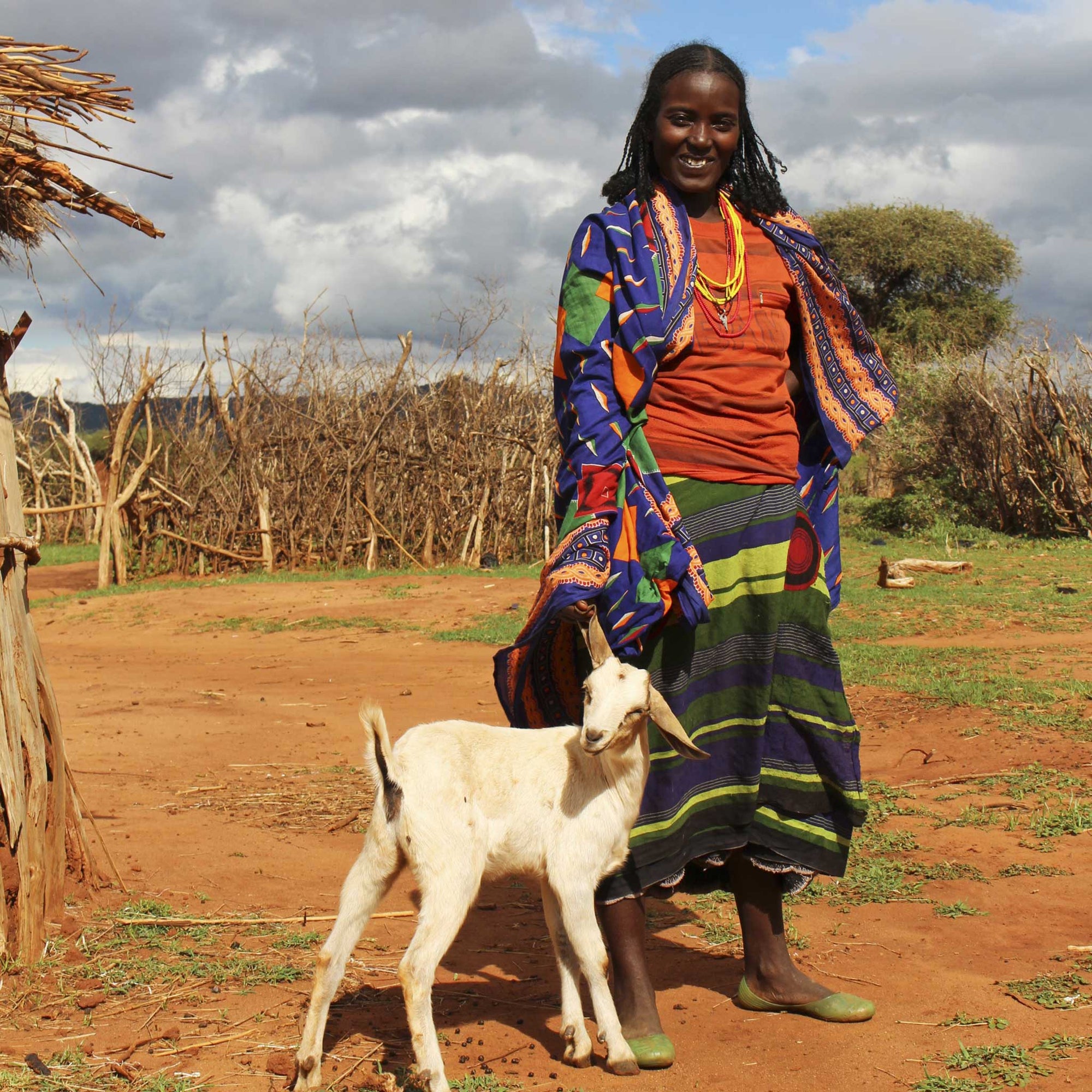The second time the floods came, the waters swept away many of Morsheda’s belongings. She had to place her young daughter in a cooking bowl and float her down the river to safety.
“I don’t even dream that things could be better”
Morsheda was just eight years old when she was married off. At fourteen, while pregnant with her first child, her husband left her and married another woman. Now in her late twenties or early thirties, she cares for her five children alone.
The coastlines of Bangladesh don’t remain still; the movement creates little islands called ‘chars’. Morsheda is a ‘char dweller’ – she lives by the mighty Bazetilcupi river on a such an island, making life feel unsafe and unpredictable. When we first met her in late 2015, she had been flooded out of her home several times.
She was taking occasional labouring work for as little as 74 pence a day, struggling to feed her family, and told us: “I don’t even dream that things could be better.”
Becoming resilient
In 2015, Morsheda was chosen to take part in the Christian Aid-supported RIVER (Resilient Improvement of Vulnerable Extreme Riprian) project. The project was run by our partner GUK (Gana Unnayan Kendra).
Through the project, her homestead was raised, which made her feel safer living there with her children. They gave her livestock, solar energy and some essential sanitary utilities – and they also give people like her saplings, seeds and tools.
Mother Nature does the rest – giving Morsheda, and families like hers, peace of mind and a way out of poverty.
Although the Bazetilcupi village was affected by floods in 2015, Morsheda’s house was safe. But more devastating floods hit – and while Morsheda nearly lost her home, this time she was more resilient, and was able to provide more for her family.
"I am confident I can change my life"
When we followed up with her in 2016, she said: "Last year when you came to my house we were knee-deep in water. Today, despite the flooding, we are standing in a dry place. Last time I had to take shelter in my neighbour’s house. Now I am much safer".
Now she says: "I am hopeful. I am confident that one day I can change my life. I know how to survive the disasters. I have what I need for the difficult days, but I am hopeful that there will be better days".
Through work like agricultural training, GUK has transformed the lives and livelihoods of people, and helping to give Morsheda, and women like her, a long-term income and a solid foundation for a new life.
About GUK
Inspired by the motto 'release not relief', GUK works to create positive, sustainable change for the poor, marginalised and vulnerable living in extreme poverty. It’s well-known for its work with women, who are among the poorest people in Bangladesh.


